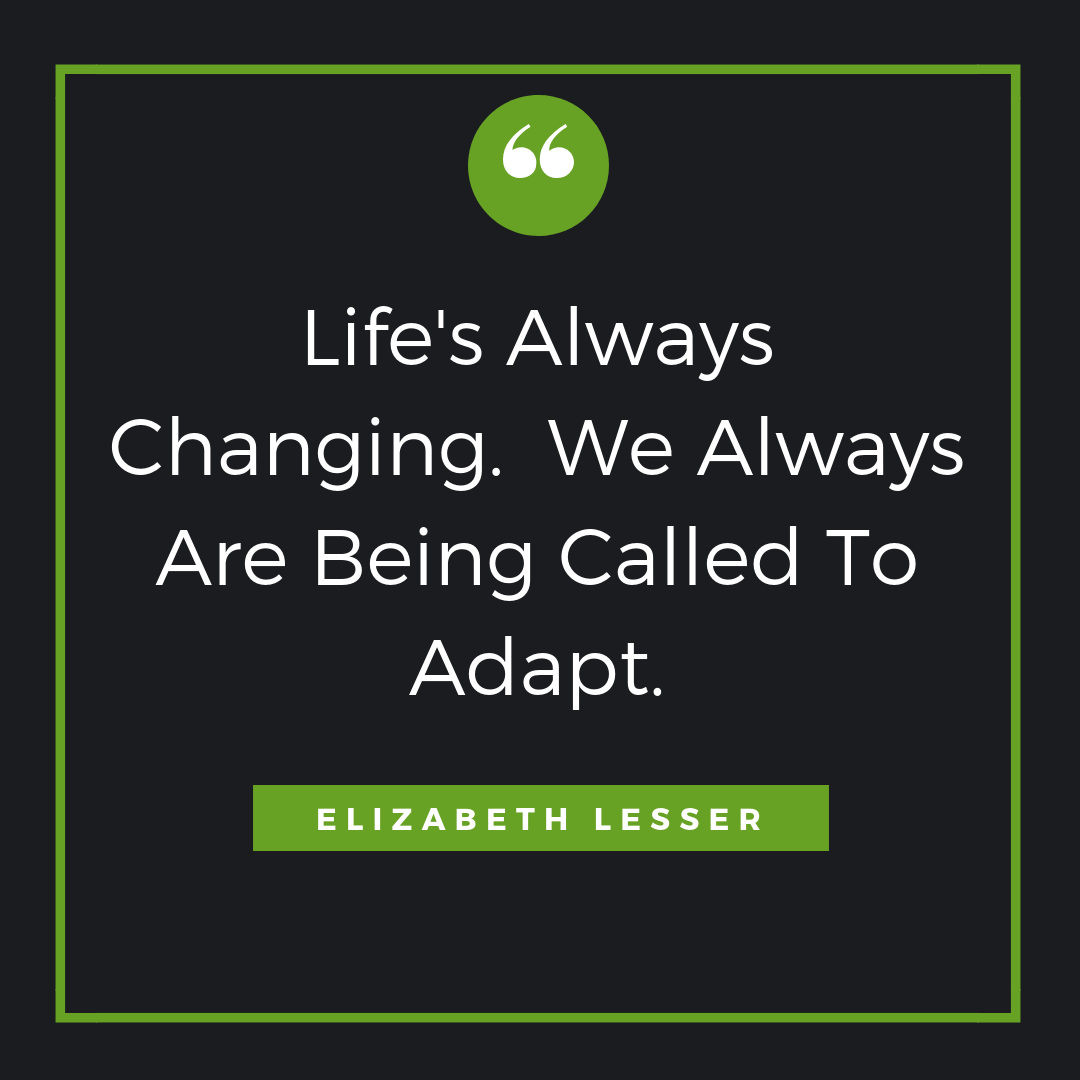
I recently had two separate clients go through similar financial difficulties but they ended up with completely opposite results. Both experienced an unexpected and unanticipated change in household earnings. One pulled through to go onto new financial heights and success. The other crashed and burned and most likely reached a level so low that it will be extremely difficult for them to ever climb out of the hole that they dug (i.e. bankruptcy with ruined credit along with zero financial assets to start over with).
It’s clear that wealthy people do things differently than others in many aspects of navigating the journey of life. Below are some powerful habits and behaviors of the wealthy;
- Ask, “What can change or go wrong in this current situation?” The wealthy are always looking to preserve their wealth and border on being slightly paranoid about what can go wrong. Even when times are good, the wealthy ask themselves, “What can change or go wrong in this situation?” The better prepared you are for eventual changes, the higher probabilities that you survive or even thrive during eventual changes.
- Keep expenses variable in nature. Fixed debt is just a disaster waiting to happen. When times are good and harvests are plentiful, non-wealthy go on spending binges with many of them fueled by fixed debt. This eventually traps them because when times change, they can’t move fast enough to scale down spending by selling assets that are sucking up large amounts of cash. If you are going to spend money, do so in a way that you could turn off that spending just as quickly if cash flow begins to change in a downward manner.
- Look for new opportunities for earnings ahead of when you need them. Things are always changing. New products, new services, and new competition. Capitalism is founded by the premise of change and building a better mousetrap. It’s important to think about tomorrow’s cash flows before tomorrow arrives. How prepared are you to pursue new opportunities or deal with new threats as competitors want to eat your lunch and do things faster, better, stronger and cheaper? In a global economy, it’s hard to permanently defend market share at inflated margins when somebody around the corner or on the other side of the ocean is willing to perform the same service or make a similar product for half the price.
- Always think, “Margin of safety.” Rather than pushing your financial obligations up to the maximum during the best of times, leave yourself ample wiggle room for bumps in the road or storms that arise. It’s hard enough to navigate tough times as it is. It’s even tougher to navigate hard times when you voluntarily put your own head inside of a financial guillotine with a sharp and heavy blade coming down from above.
- The wealthy don’t succumb to recency bias the same way the non-wealthy do. Recency bias is the tendency to believe that whatever we just experienced and encountered most recently will continue indefinitely. It is a proven behavioral flaw that is respected by the wealthy. Examples would include believing that interest rates that are now zero will be zero forever and making long term decisions based upon those assumptions. Another example would be a household that had a good earnings run over a few years (maybe from as little as two years up to ten) and then believe that those earnings will continue indefinitely (or even improve) forever into the future. That often motivates them to spend all of those earnings now (or even more by taking on debt) on things that have long term ramifications. Imagine a corporate salesperson having two good years in a row that motivates them to buy a much larger house with a 30 year mortgage.

I witnessed a real estate agent who worked in Florida during the real estate boom that occurred from 2004 through 2007. She had extremely high earnings based on real estate commissions that swelled over a short period of time. Rather than sock away extraordinary earnings during a real estate bubble, she doubled (or tripled down) on the situation by taking those earnings and using them as down payments on properties financed with large amounts of debt at extreme market valuations. Rather than being financially secure from maximizing the good times, she literally bankrupted herself when the real estate market went full circle. Recency bias was alive and well and without self-reflection and an open mind, it is difficult to make good decisions when the blinders are on.
So what is it that we need to remember…..
